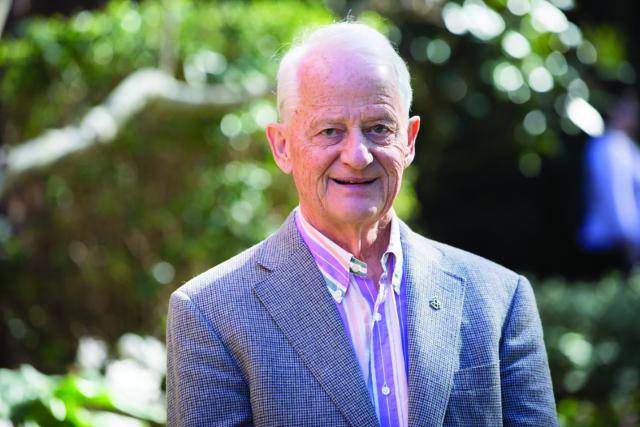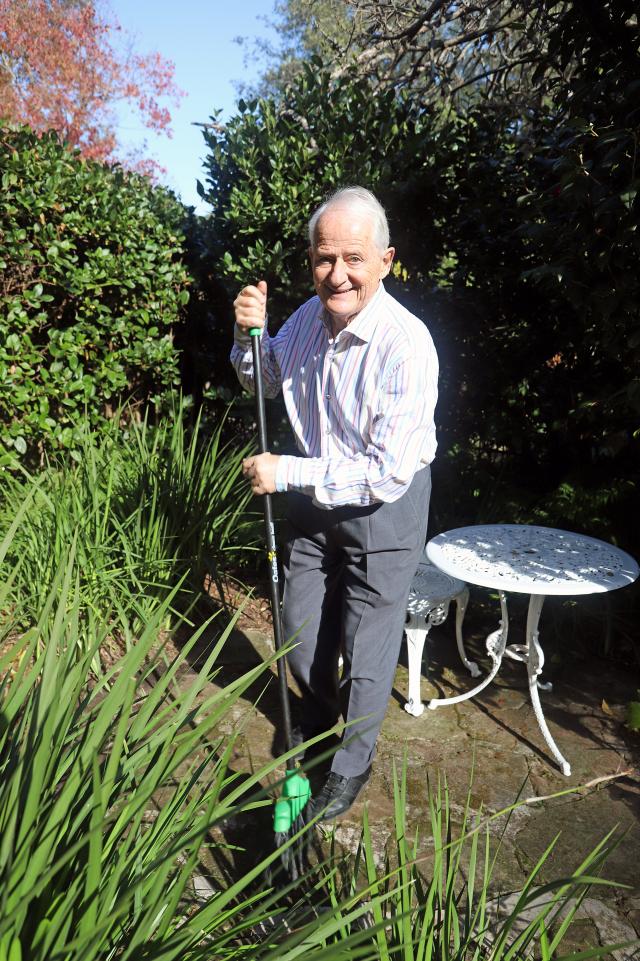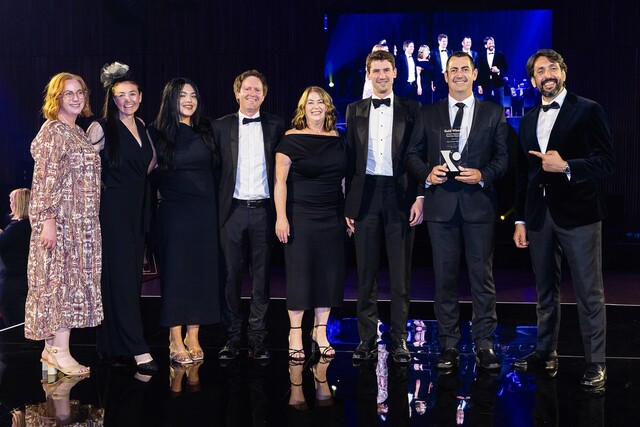LG Focus talks to Philip Ruddock AO, Mayor, Hornsby Shire
Tell us about your area: What makes your council special or different?
Hornsby Shire is an extraordinarily special place…It’s an area of great historic interest, it’s an area of very considerable amenity, located uniquely in areas so accessible to Sydney’s bushland. I can’t think of any other place you would want to live!
Do you have a favourite part/aspect/attraction in the council area?
Every morning I take the opportunity to walk into the upper reaches of the Lane Cove National Park, often through the sensory walk that was settled to identify unique areas of bush habitat in the upper reaches of the Lane Cove River, or the fire trails which lead you to the Great North Walk. I try to get my 10,000 steps largely met before breakfast.
How long have you been on council and why did you become involved in local government?
My early engagement with local government was when my father was elected as councillor in 1952. By 1960, he was shire president…I used to take an interest in local government and sit in the gallery during council meetings.
When I retired as a federal member, I was invited to consider seeking election to be the Mayor of Hornsby Shire. I did so because I continue to have the passion that my father had for the Bushland Shire and the desire to maintain its unique amenity in a situation where we know that there are population demands that must be accommodated across Sydney.
I am now in my second term as Mayor.
Do you have another job? Tell us about that and how it contributes to your role/views as a councillor.
While I’m retired from federal politics, I have not lost my interest in a number of areas of public policy. One has been in the area of fundamental human rights, and I have taken the opportunity to assist to resolve the political problems surrounding the dislocation of the Rohingya people from Myanmar.
What activities do enjoy outside of work hours?
I have a family of two highly accomplished daughters who have been encouraged by their highly qualified mother to pursue very different careers. Each of my daughters has a family. My wife Heather, and I find time to look after our exceptional grandchildren in their academic and sporting pursuits.
Council goals, challenges, and achievements: What are they key challenges facing you and your council?
Our role as a council is to ensure we meet the development demands that are put upon us and we do so in a way which has respect for the special character for the shire.
We have been very focused on community engagement, and we believe that if there are to be development goals met, there needs to be constructive engagement.
What innovative projects or policies is council working on?
We’ve been very focused on maintaining the integrity of our rural areas and planning in a consultative way for the future. We are seeking to have the development required of us in the Hornsby CBD where, although there will be higher buildings, and some of mixed purpose, there will be malls, there will be tree planting, there will be community facilities and it will be done in a way that will ensure that the integrity of the residential districts surrounding that centre are maintained.
We have a number of specific projects involving the remediation of the Hornsby Quarry site and the establishment of recreational facilities in Westleigh.
We have also been very prudent in managing our finances and we’ve not sought any rate increases for 12 years but that has meant that we’ve had to budget very frugally over a long period of time.
Tell us about a specific success you have had in local government.
I think it is a journey and I am very anxious to ensure that councils have a far greater say in what happens in relation to development in their local communities.
Changes in State Government legislation mean that the elected council no longer has a role to play in determining development applications where there is significant community objection. These decisions are now made by independent planning panels. Furthermore, State Planning Policies enable a significant portion of development to be undertaken without the need to obtain any approval from council. Once the development is approved, construction may be certified by private certifiers chosen by the developers. These processes have eroded the ability of councils to ensure the values of the local community are upheld in the planning process.
This is a journey, my success to date has been primarily about engaging with the government to obtain change.
What is the best part about being a councillor?
People frequently ask me if I enjoy it and I say no. The reason I’m not there is not for my own self-interest, I’m there to serve the people. So, for me the greatest satisfaction is to be in a position to serve.
What is the worst part?
The most difficult part is to know there are matters on which it is totally beyond your capacity to determine or influence, when the community expectations are that you should be in a position to do so.
What do you hope to accomplish in the future?
I would hope that when my time has come that the changes that we have put in place will be changes that those who follow believe need to be maintained, supported, and enhanced.


















